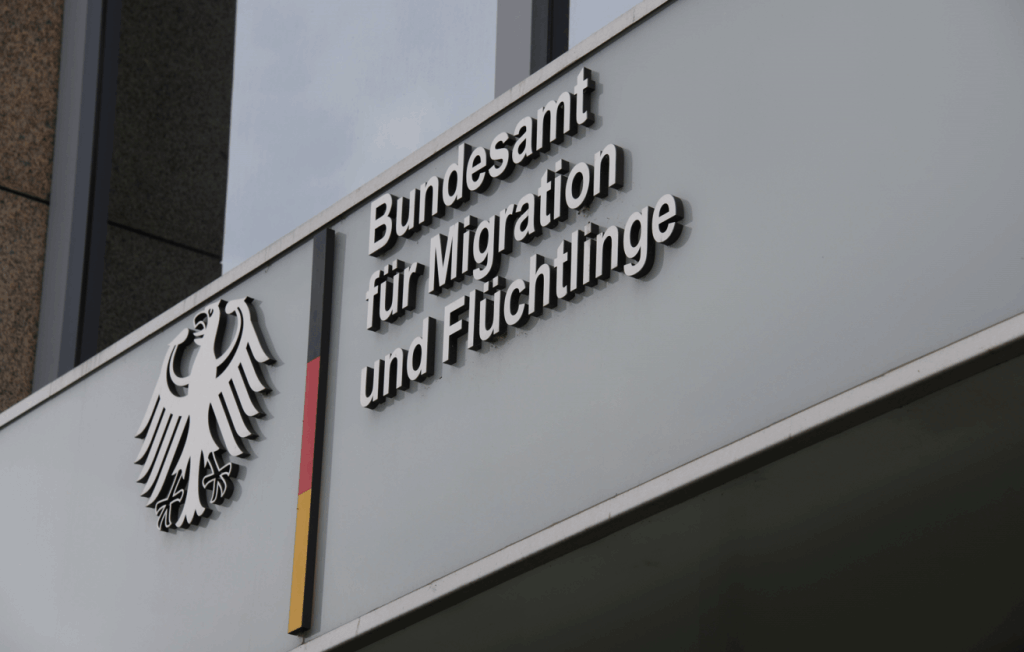Repatriation to Germany offers individuals of German or Jewish descent the chance to reconnect with their ancestral heritage, secure residency, and ultimately gain citizenship. Understanding the requirements and application process is essential for a successful repatriation experience.
Eligibility for Repatriation to Germany
Germany’s repatriation programs are primarily available to two groups: ethnic Germans and Jewish descendants from Eastern Europe and former Soviet Union countries.
Ethnic Germans (Spätaussiedler) are individuals with German ancestry who reside in Eastern European countries or former Soviet republics. These individuals may apply for repatriation by proving German lineage and fulfilling specific criteria, including a requirement for basic language skills.
Key Documents and Requirements
Applicants must provide several essential documents to support their repatriation application. These papers typically include proof of ancestry, language proficiency certification, and other supporting documentation as outlined below:
- Proof of Ancestry: birth certificates, marriage records, or church documents verifying German or Jewish descent are necessary.
- Language Proficiency Certificate: a B1-level German language proficiency certificate from a recognized institution is generally required to demonstrate readiness for integration.
- Additional Documentation: some cases may need proof of good conduct, such as police clearance certificates, and an autobiography detailing the applicant’s background and motivation for repatriation.
These documents are vital as German authorities conduct thorough checks to confirm eligibility.
Application Process for Repatriation
The application process in Germany involves several stages, with each phase requiring careful attention to detail. To begin, applicants must submit their forms and required documents to the Federal Office of Administration (Bundesverwaltungsamt) in Germany. The submission package should include proof of ancestry, language skills, and any additional eligibility requirements.
After submission, the application undergoes a detailed review. German authorities verify the information and documents provided, and this step may take from several months to a year, depending on the case’s complexity. Upon approval, applicants receive repatriate status, which allows them to relocate to Germany. Newcomers are often provided with temporary housing and support for integration into German society.

Benefits of Repatriation to Germany
Repatriation to Germany offers numerous benefits, helping individuals not only reconnect with their heritage but also access opportunities in a thriving European economy.
Key benefits of repatriation:
- Pathway to German Citizenship: after relocation and fulfilling residency requirements, repatriates are eligible to apply for full German citizenship. It grants access to rights such as voting, educational and healthcare benefits, and travel freedom within the European Union.
- Social Benefits and Employment Opportunities: repatriates benefit from Germany’s social support system, which includes healthcare, education, and social security. Germany’s strong economy provides numerous employment opportunities, and fluency in German enhances integration into the workforce.
Through these opportunities, repatriation allows individuals to establish a stable and fulfilling life in Germany.
Conclusion
Repatriation in Germany provides a meaningful opportunity for individuals with German or Jewish heritage to reconnect with their grounds, gain citizenship, and build new futures. By meeting all requirements and following the established process, repatriates can enjoy the many benefits Germany offers to its residents and citizens.



